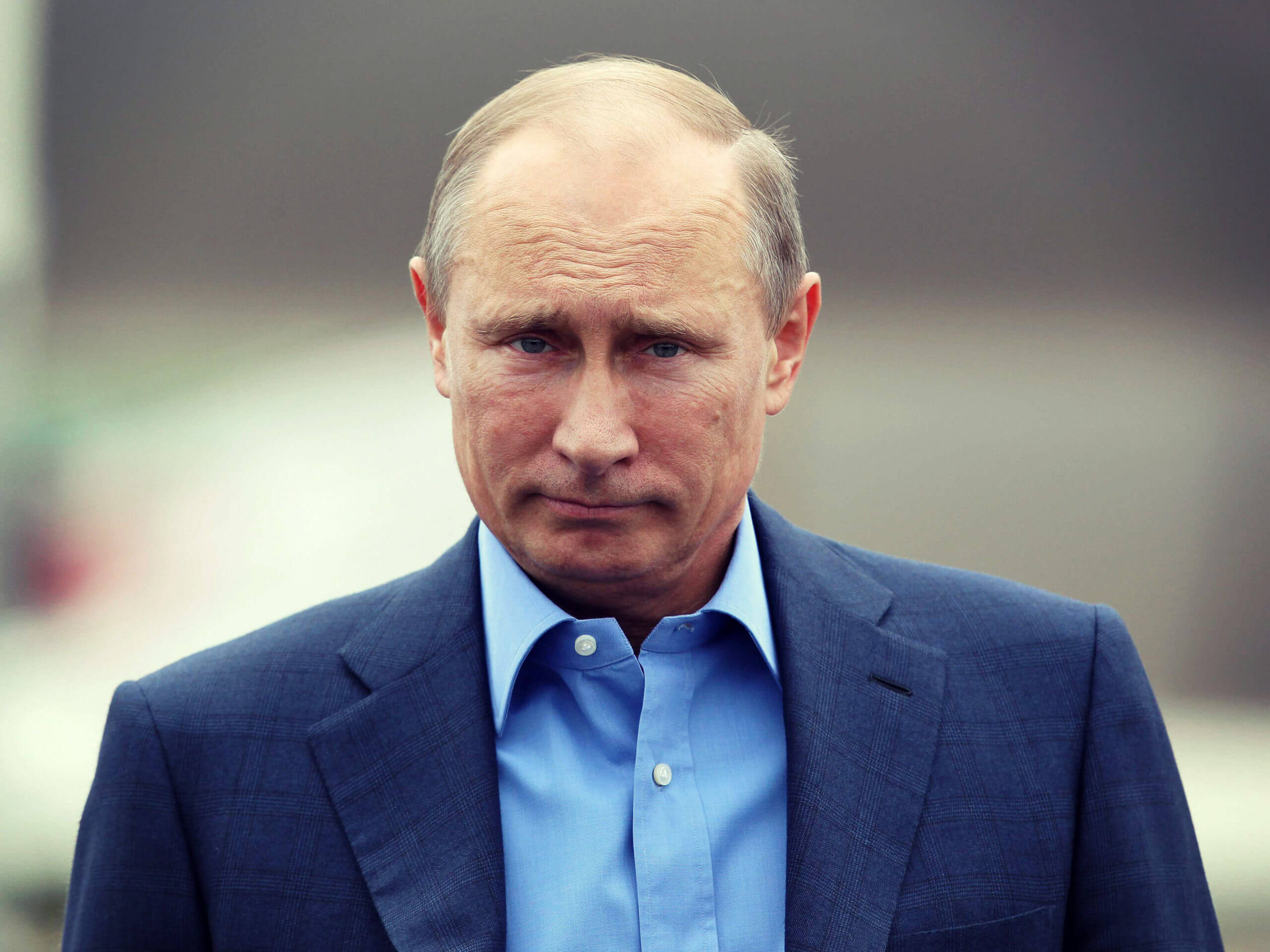NEW YORK – On Monday, Russia’s Putin-controlled Constitutional Court approved proposed constitutional amendments to reset the count on presidential term limits to zero. The amendments were quickly passed just days earlier by Russia’s parliament, the Duma.
These proposed amendments will allow Vladimir Putin – who first came into power in 2000 – to elude the two-consecutive-term limit that would require him to step down from the presidency in 2024, meaning that he could instead remain in office until 2036, when he will be 83 years old.
A group of Russian pro-democracy intellectuals and activists wrote an open letter denouncing the move as illegal and indicative of an “anti-constitutional coup” that serves to further destabilize Russia’s ability to embrace democratic values.
“In two decades of Putin’s rule, elections in Russia have been neither free nor fair,” said HRF Chairman Garry Kasparov. “So, the puppet Constitutional Court’s explanation that the amendment will not ‘automatically extend’ Putin’s rule to 36 years, is a hollow attempt to obscure the fact that Putin is a dictator who controls the judiciary at will.”
Given the authoritarian ruler’s history of dominance within Russia’s full-fledged dictatorship, Putin’s resetting of the presidential term limit clock comes as no surprise. In 2018, Putin easily assumed his fourth presidential term, officially securing his place as Russia’s longest-serving ruler since dictator Josef Stalin.
In the lead-up to the Moscow City Duma elections last July, the Moscow City Election Commission refused to register independent opposition candidates whose signatures had been verified. This sparked a series of protests that became some of the largest rallies in Russia since 2012, during which police arrested thousands of protesters. The amendments approved on Monday also came amidst protests against the constitutional changes, resulting in at least 40 protesters being detained.
“Putin is a dictator unworthy of the title of ‘President,’ which is a term appropriate for a democratic leader,” said Kasparov. “When Putin announced his return to the presidency in 2011, he made clear his intention of remaining in power as dictator for life, until dragged out or carried out in a box.”
In setting forth these proposed constitutional amendments last week, Putin cited U.S. President Franklin D. Roosevelt’s four served terms during a period of “upheaval,” as grounds for resetting the clock on presidential term limits in Russia.
“The ‘upheaval’ that Russia is experiencing is one that Putin is responsible for,” said HRF International Legal Associate Michelle Gulino. “Russia is a rogue regime that pursues its interests through the systematic violation of international human rights law and countless individual freedoms. The regime commonly asserts that Russian law supersedes international law, and Putin’s failure to uphold international legal obligations serves to extend his dictatorship’s reach beyond Russia’s borders, impacting greater numbers among the more than four billion people living under authoritarian control.”
In 1998, then-president Boris Yeltsin put forth a similar proposal to extend presidential term limits, but the move was rejected as unconstitutional, making even clearer that such an amendment at present has nothing to do with Russian constitutionality and everything to do with Putin’s role as an authoritarian seeking to maintain power. As former U.S. Deputy Assistant Secretary of Defense Michael Carpenter said at HRF’s PutinCon in 2018, “There is no normative basis to any of Russia’s actions.”
Russia’s first referendum since the adoption of its 1993 constitution is set for April 2020. Putin’s constitutional amendments will be up for approval in conjunction with other amendments to strengthen his grip on power, including those introducing anti-LGBT language and asserting Russian citizens’ belief in God. These additional amendments are seen by some as a way to drum up voter turnout and cloak the most serious aspects of Putin’s power-grab, ensuring that Russia’s citizens come out to vote on issues of traditional morals, even if they do not grasp the extent of all constitutional issues.
In 2019, HRF joined the Coalition to Free the Kremlin’s Political Prisoners, in recognition of Putin’s widespread and increasing politically-motivated crackdown on any manner of dissent or opposition.
“It is critical that world leaders stop treating Putin as a strategic partner and instead recognize him as a dangerous dictator whose rule threatens global peace and security,” said Kasparov. “The international community should condemn the Kremlin’s war crimes and Putin’s stifling of dissent by imprisonment and extrajudicial killings of Russian citizens. Only deterrence and isolation will succeed in confronting Putin’s Russia.”
The Human Rights Foundation (HRF) is a nonpartisan nonprofit organization that promotes and protects human rights globally, with a focus on closed societies.
